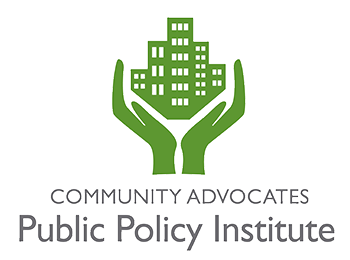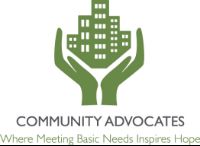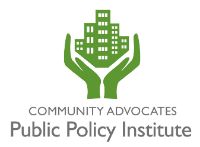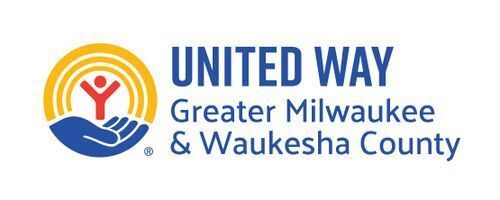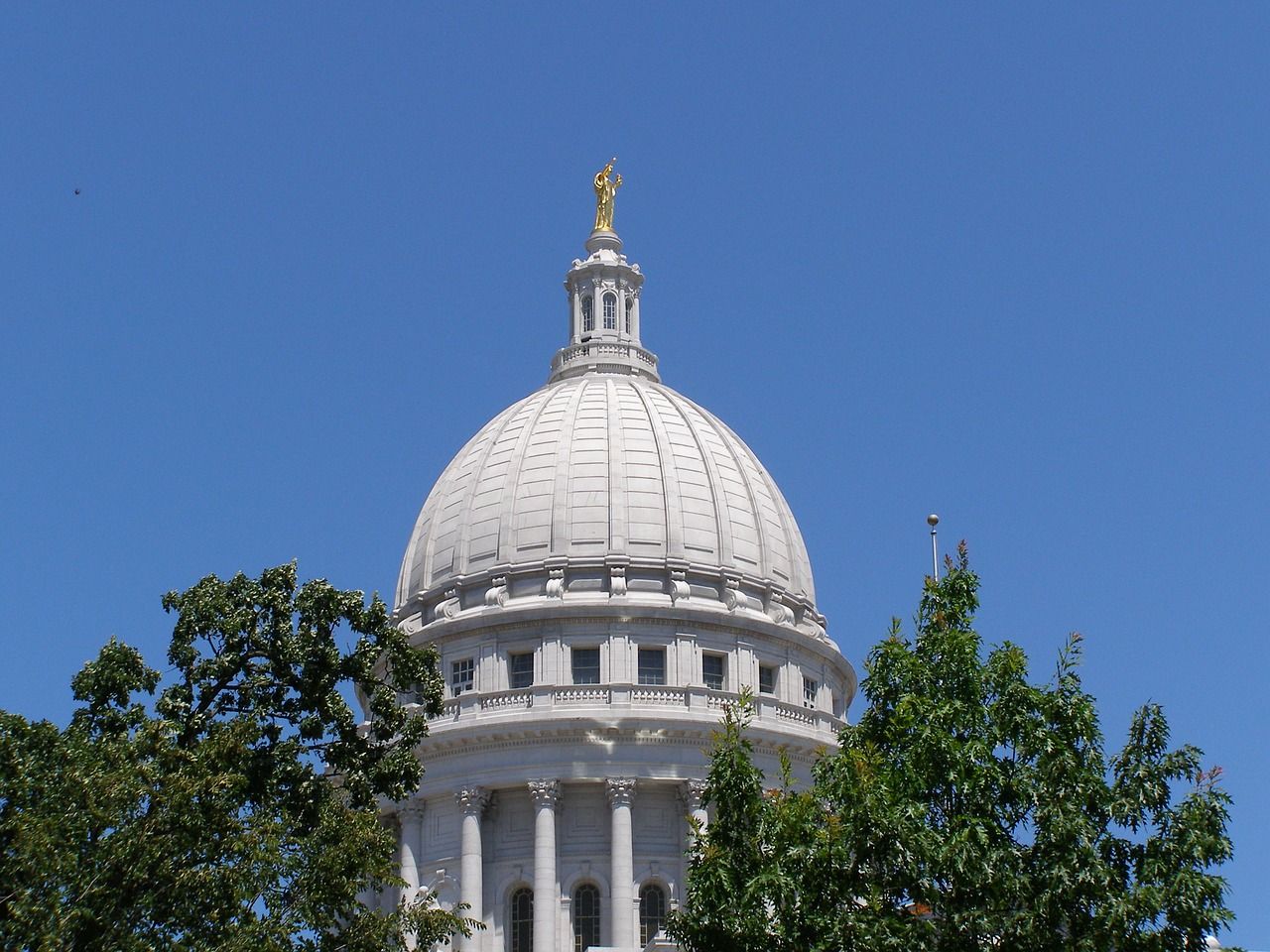
A week ago, Community Advocates Public Policy Institute led fellow advocates, nurses, educators, social workers, the faith community, and more, in sending a letter to the Governor of Wisconsin making a number of recommendations that would help people during this unprecedented public health emergency.
When we sent the letter, we didn’t have—and we probably still don’t have—a good grasp of the full scope of what we are facing. Below is a number of those recommendations, and additional things the state should consider.
The recommendations included boosting the state’s response by creating a system of “quarantine insurance” and pandemic prevention that will help keep people healthy, reduce people’s exposure, increase job security, and stimulate the economy.
Paid Leave
Employees should have the option to choose to put their and their family’s health first, thus:
- The state should enact a paid leave policy program that includes coverage for illness isolation (those who have been diagnosed) and quarantine (those who have been exposed);
- The state should reverse the preemption on local governments from creating paid leave programs; and
- Large employers should be required to offer, and small employers should be encouraged and incentivized to offer, paid leave for 1) employees in isolation or quarantine, 2) employees whose children or dependents are isolated or quarantined, and 3) employees who are direct caregivers for individuals who are isolated or quarantined.
Congress and the President have made some progress on this issue, as summarized here. The state should take additional action to supplement these new benefits.
Help Those Who May Lose a Job
Exposure to, or contraction of, an infectious disease may cause Wisconsinites to lose a job or not obtain a job, therefore:
- The state should loosen restrictions on unemployment insurance so workers would qualify if they are isolated or quarantined, including waiving qualifiers like waiting periods, and job search requirements; and unemployment relating to exposure to an infectious disease should not count against an employer’s experience rating.
Governor Evers took action related to some of these recommendations, as summarized here, and we thank the Governor for that swift and helpful action.
Enhance Coverage, Prevention, and Treatment
Having no health insurance or being underinsured should not be an impediment to Wisconsinites obtaining health care during this pandemic, therefore:
- The state should mandate coverage by Medicaid, all private health insurance products, all government employer plans, and large group plans, of tests, treatment, and future vaccines related to 1) pandemics, including expensive flu and other tests that might be used to rule out other diseases; 2) telehealth services provided related to the pandemic or health care done remotely because visiting a provider may not be safe; and
- The state should eliminate any and all cost-sharing for tests, treatments, and future vaccines related to COVID-19.
- While some insurers have made a commitment to coverage with no cost-sharing, the state should mandate this coverage.
- The state should grant additional funds to expand capacity at community health centers and free clinics where many vulnerable and low-income people seek care; and
- The state should provide additional funds for Personal Protection Equipment (PPE) and infection control supplies for first responders, community-based direct support workers, local health departments, and medical providers. We understand the state has been leading efforts to secure this equipment and deploy it where it is needed.
- The state should provide additional funding and resources as requested by local health departments for surveillance, testing, prevention, and treatment efforts;
- The state should expand BadgerCare eligibility to all adults up to at least 138% of the federal poverty level, as allowed by the Affordable Care Act. This would cover tens of thousands more Wisconsinites, and free up state tax dollars for use during this emergency. And any barriers to eligibility and enrollment should be eliminated, including work requirements, premiums, any pending sanctions, etc.;
- The state should fully explore what Medicaid waiver options are available due to the declaration of a Public Health Emergency in the state and a National Emergency declaration by President Trump; and
- The federal government should open a special open enrollment period for Marketplace coverage.
Expand Outreach and Public Education
The potential for the spread of false information and a lack of information is a threat to Wisconsinites that should be mitigated by:
- An expanded public health awareness and guidance campaign conducted by the Department of Health Services that includes robust outreach to the public, medical providers, nursing homes and other congregate care settings, schools, and people working with our most vulnerable neighbors in programs like FamilyCare and IRIS, including detailed guidance for MCOs, ICAs, and home care agencies; and
- Ensure the state is promptly notifying workers who lose their jobs of special enrollment periods, and continuation of coverage/COBRA.
Reduce Exposure Opportunities
- The state should, where feasible, transition any and all government services that require in-person appearances to remote options, and vastly expand absentee voting in upcoming elections.
Evictions and Forced Moves
- We welcome the temporary suspension of executing evictions in Wisconsin’s two largest counties (Milwaukee and Dane). On March 22, the State Supreme Court suspended all in-person judicial proceedings, which we understand to include eviction hearings.
- The Public Service Commission and Governor have also suspended utility disconnects.
Tax and Economic Relief
- The state should enact a package of tax relief, individual assistance, and business assistance to buttress the economy that helps both employers and workers, and particularly helps those who have little or no savings to help in the event of a health crisis.
Other
- Our fellow advocates are advocating on mental health, food security, those who are incarcerated, and childcare and we defer to their expertise, but so much must be done on these issues as well.
We are all in this together, all struggling with the same challenges of keeping our refrigerators and cupboards stocked, homeschooling kids and working remotely, wondering or worrying about making the rent or mortgage payment, hoping our favorite restaurant or shop makes it, and whether we will be able to get the health care we might need. At the Public Policy Institute, we will keep advocating for low-income Wisconsinites in any way we can, as urgent action by our policymakers is needed on the items above and so many more.
